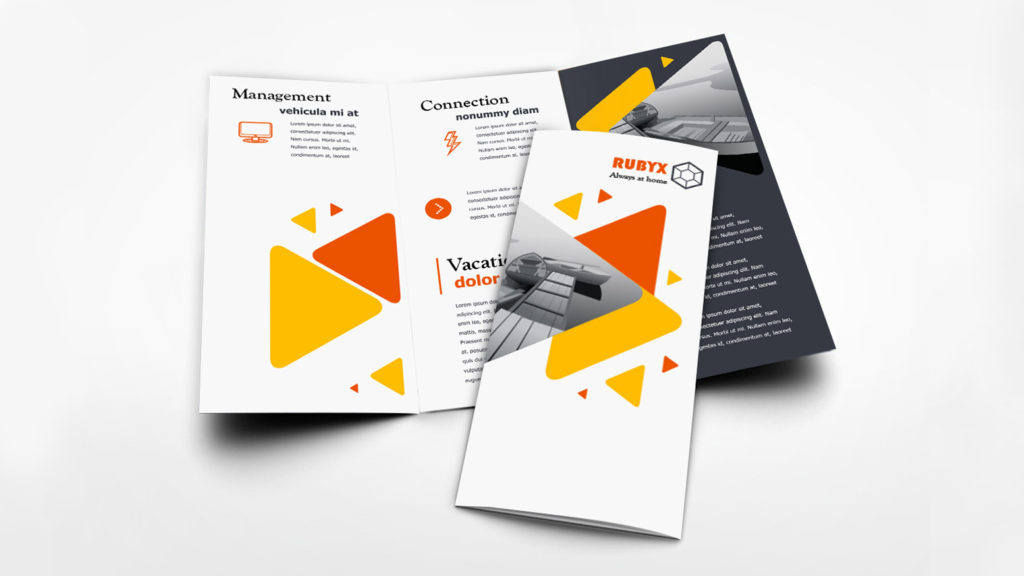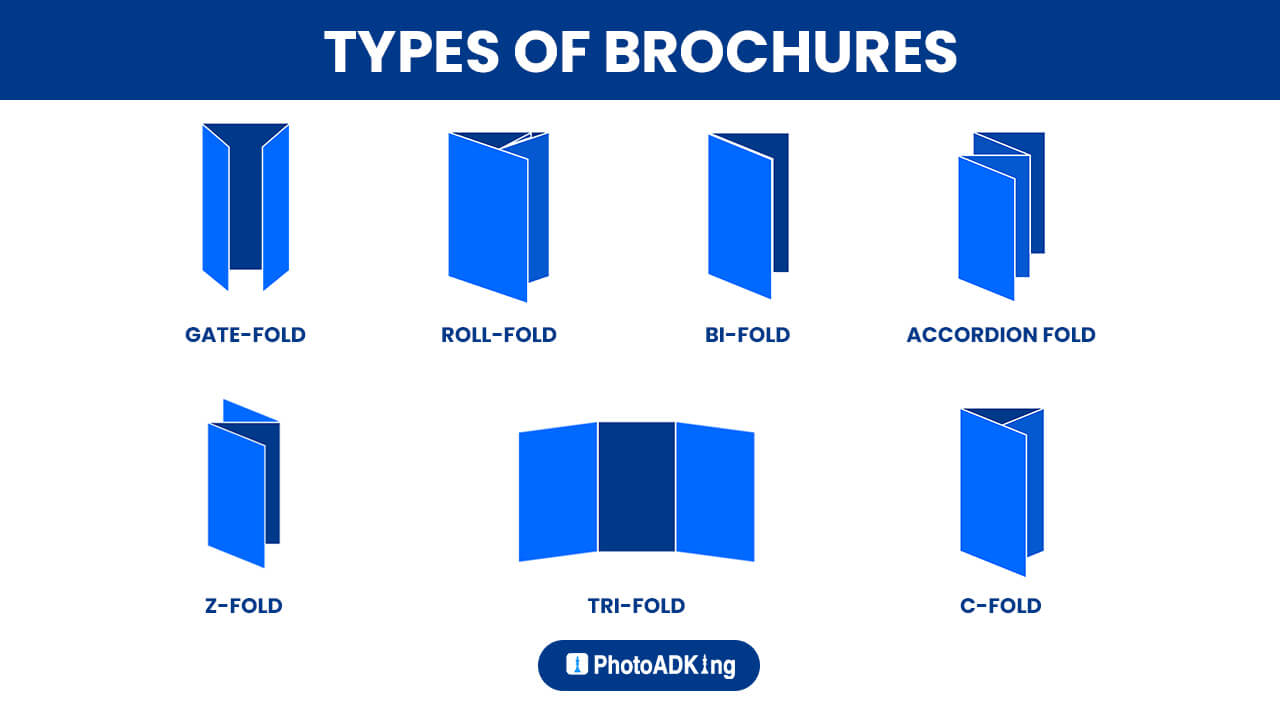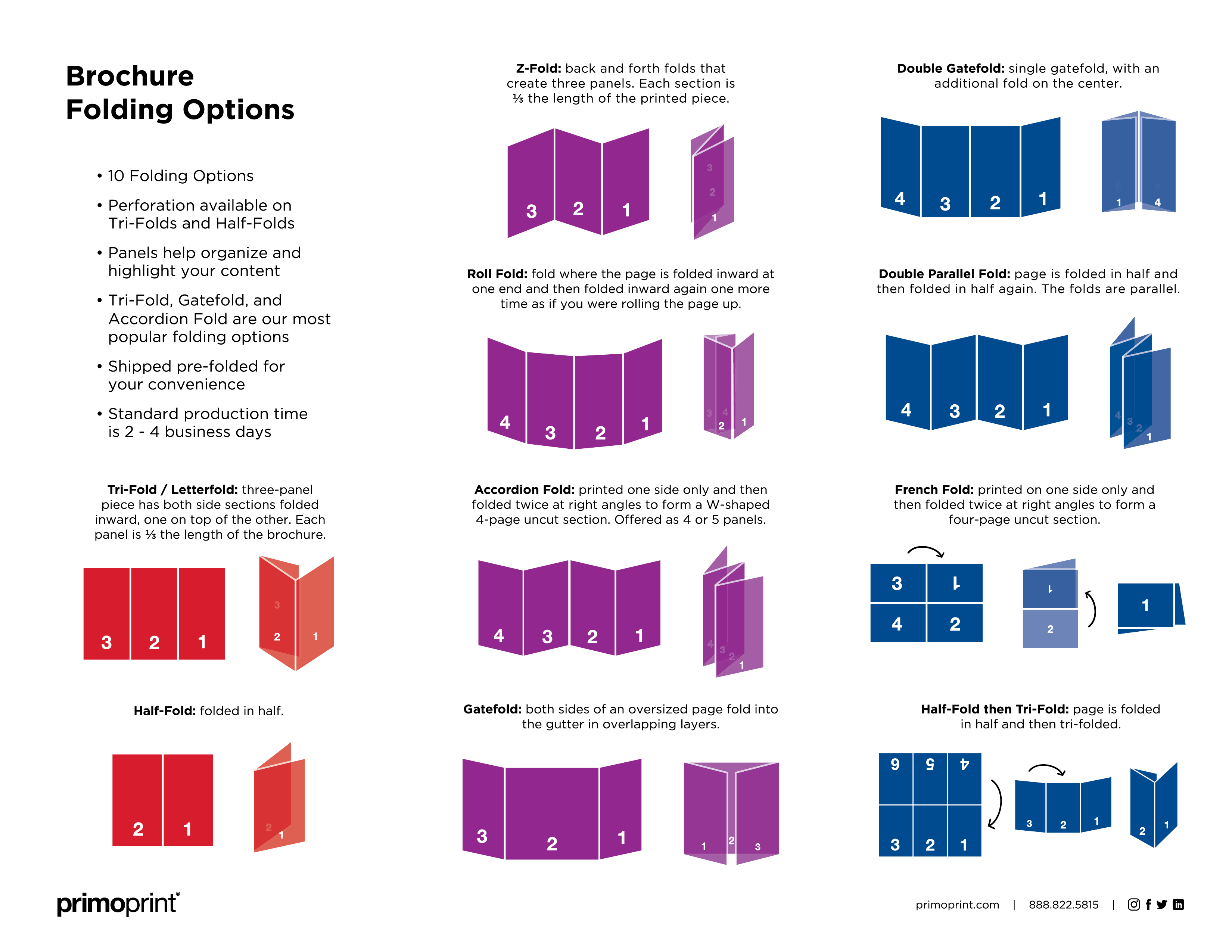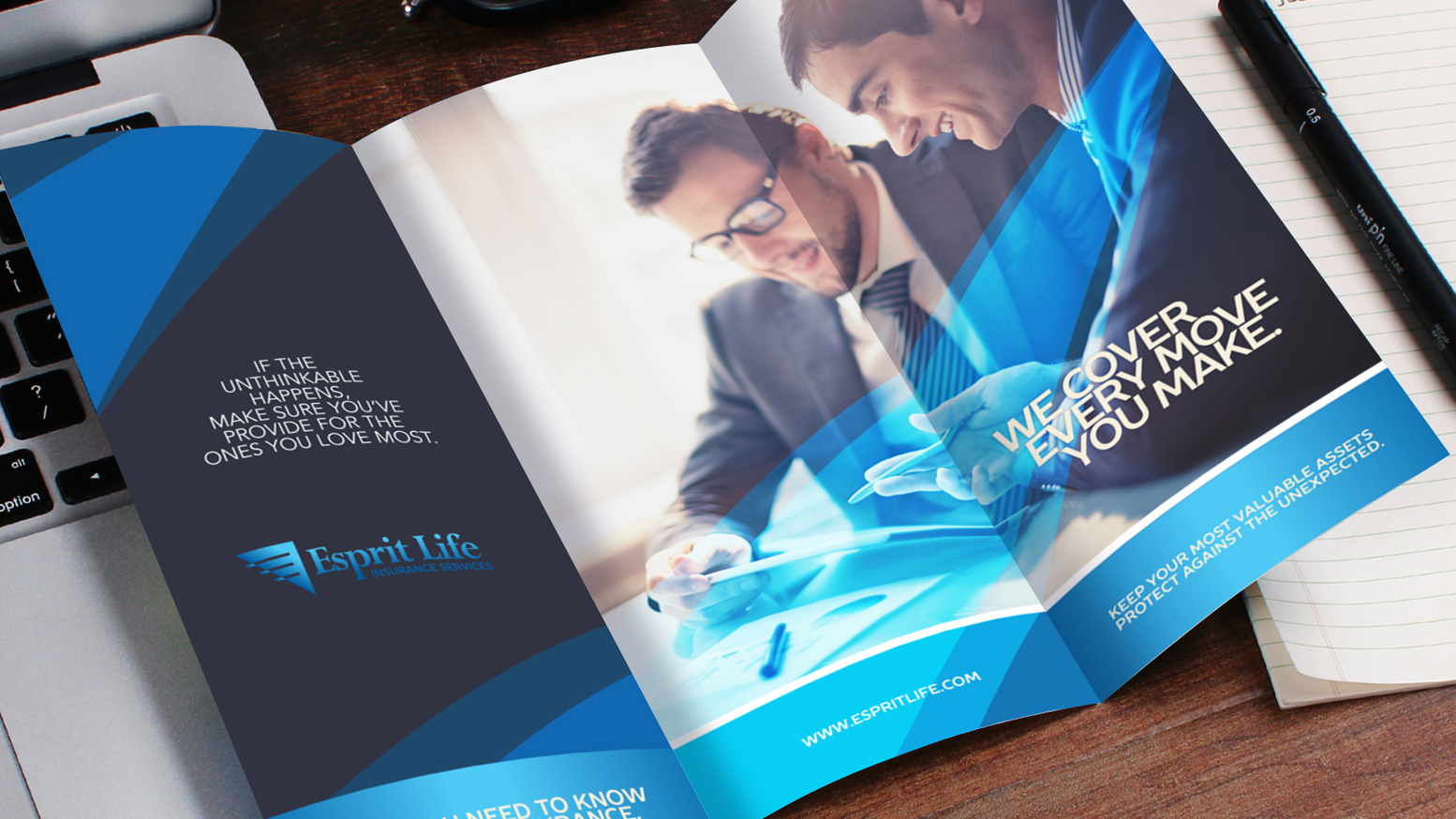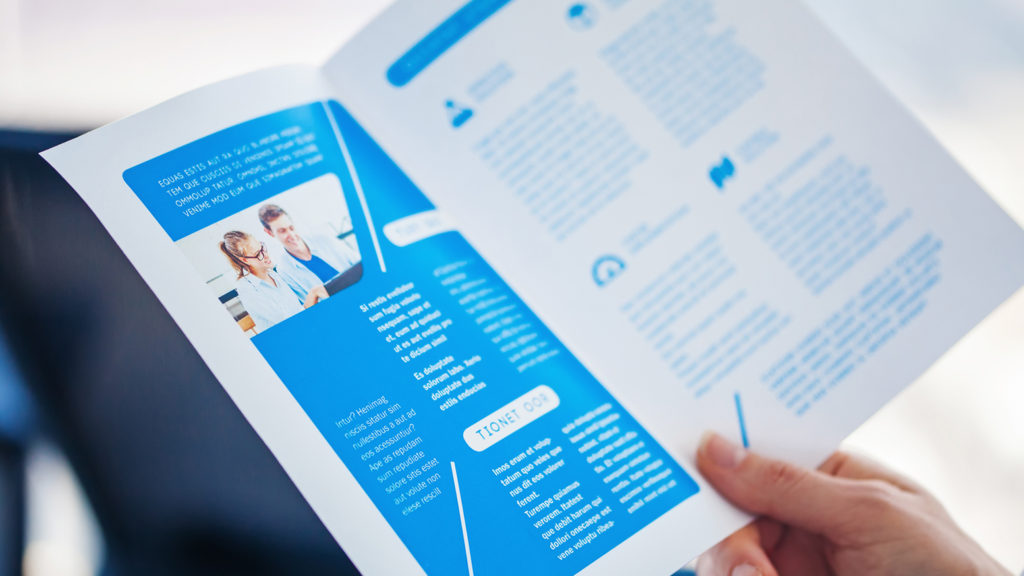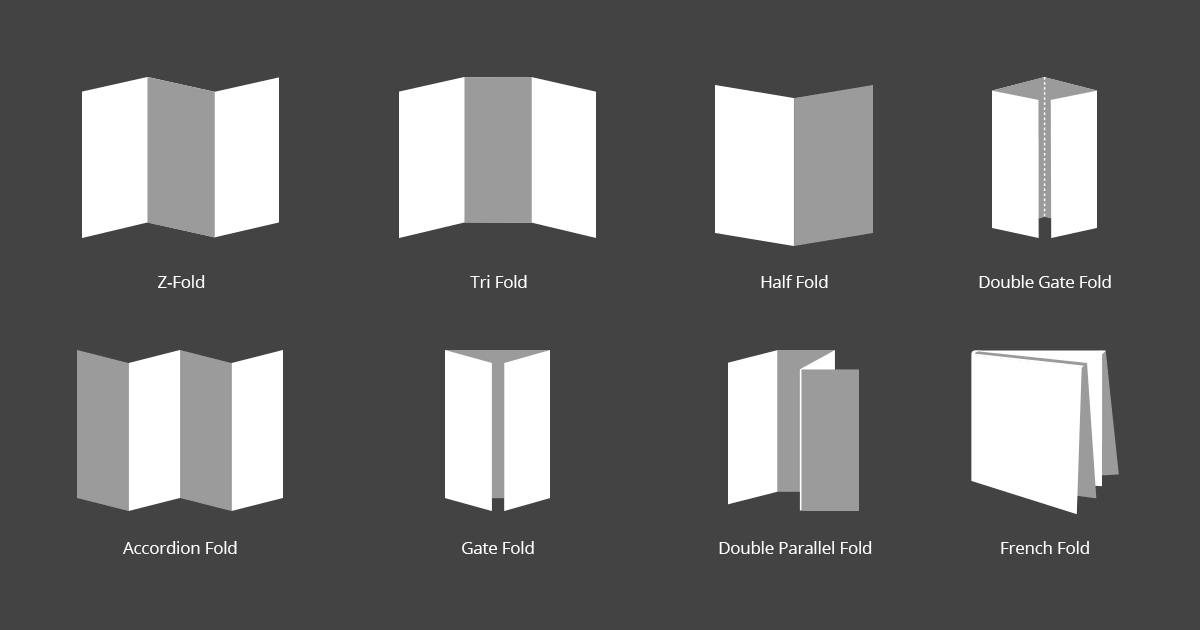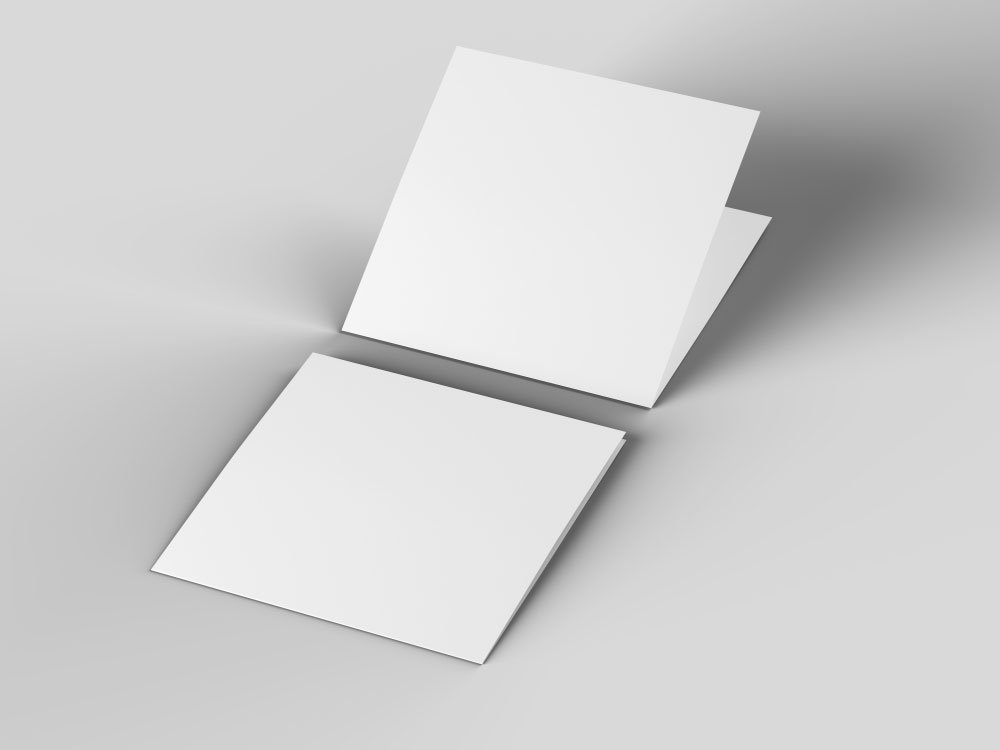What Type Of Paper Is Used For Brochures
What Type Of Paper Is Used For Brochures - Coated paper is one of the most popular choices for business printing, especially for marketing materials like brochures and flyers. You can use two main types of paperweight for your brochure; There are two main features that can affect. It can run as low as 50 lbs (regular. Learn which paper weight to choose and whether a gloss, matte or uncoated paper is the best choice for you. Generally, paper for brochures should be between 130 and 200 gsm, which is between copier paper and card stock. If you’re wondering about the best type of paper for brochures, the easy answer is that most brochures will look and feel good when they’re printed on 100 lb silk text. Each type of paper has its unique properties, which can impact the look, feel, and functionality of. When you talk about brochure paper, you’re really talking about two things: It combines layout, imagery, and typography to engage. Luckily for you, we have a list of the best paper weights to use. Understanding these elements can help you easily determine the best paper type for your brochures, flyers, or other marketing materials. You can use two main types of paperweight for your brochure; Brochures printed on 8.5 x 11 paper are about the size of a standard letter, fold well into a tower shape and fit snugly into brochure racks and display stands; This is the most common type of paper used in offices. The types of paper for printing your brochure are also. Before deciding on the perfect paper for your brochure, it’s essential to understand the different types of paper available. It combines layout, imagery, and typography to engage. Whether you’re printing a batch of flyers to promote an upcoming event or creating a brochure to showcase your range of products, the type of paper you choose matters. Discover specialty papers like pearlescent, colored and. Generally, paper for brochures should be between 130 and 200 gsm, which is between copier paper and card stock. From text weight paper to glossy finishes, you truly have an endless amount of options. It can run as low as 50 lbs (regular. Learn which paper weight to choose and whether a gloss, matte or uncoated paper is the best. The most common types include: This is the most common type of paper used in offices. When you talk about brochure paper, you’re really talking about two things: Understanding these elements can help you easily determine the best paper type for your brochures, flyers, or other marketing materials. There are two main features that can affect. This is the most common type of paper used in offices. Common types of paper for business printing. Whether you’re printing a batch of flyers to promote an upcoming event or creating a brochure to showcase your range of products, the type of paper you choose matters. You can also use 80 lb or 100 lb. Choosing the best paper. When you talk about brochure paper, you’re really talking about two things: Whether you opt for glossy,. There are two main features that can affect. Typically, there are two types. The types of paper for printing your brochure are also. From text weight paper to glossy finishes, you truly have an endless amount of options. You can use two main types of paperweight for your brochure; Whether you’re printing a batch of flyers to promote an upcoming event or creating a brochure to showcase your range of products, the type of paper you choose matters. Brochures printed on 8.5 x. Before selecting a paper type, consider the purpose of your print. Brochure design is the art of creating printed or digital pamphlets used to inform or promote products, services, or events. Coated paper is one of the most popular choices for business printing, especially for marketing materials like brochures and flyers. Discover specialty papers like pearlescent, colored and. There are. You can also use 80 lb or 100 lb. There are several types of paper that you can use when printing a brochure. The paper is thin and so effective for lots of pages which are low cost and don't need to last long. The type of paper used for business cards, brochures, posters, invitations, and. Discover the best paper. If you’re wondering about the best type of paper for brochures, the easy answer is that most brochures will look and feel good when they’re printed on 100 lb silk text. This is the most common type of paper used in offices. Before selecting a paper type, consider the purpose of your print. From text weight paper to glossy finishes,. The most common types include: The type of paper used for business cards, brochures, posters, invitations, and. When you talk about brochure paper, you’re really talking about two things: You can use two main types of paperweight for your brochure; Each of these types has its benefit and unique style depending on what you are. When you talk about brochure paper, you’re really talking about two things: Coated paper is one of the most popular choices for business printing, especially for marketing materials like brochures and flyers. The paper is thin and so effective for lots of pages which are low cost and don't need to last long. There are two main features that can. Whether you’re printing a batch of flyers to promote an upcoming event or creating a brochure to showcase your range of products, the type of paper you choose matters. The types of paper for printing your brochure are also. You can use two main types of paperweight for your brochure; Brochures printed on 8.5 x 11 paper are about the size of a standard letter, fold well into a tower shape and fit snugly into brochure racks and display stands; Luckily for you, we have a list of the best paper weights to use. Generally, paper for brochures should be between 130 and 200 gsm, which is between copier paper and card stock. 90 gsm is a typical paper for. Each type of paper has its unique properties, which can impact the look, feel, and functionality of. There are several types of paper that you can use when printing a brochure. The paper is thin and so effective for lots of pages which are low cost and don't need to last long. Paper stock and card stock. Coated paper is one of the most popular choices for business printing, especially for marketing materials like brochures and flyers. The type of paper used for business cards, brochures, posters, invitations, and. To better understand which type will fit your needs, look at some of the most common examples below. There are two main features that can affect. Before selecting a paper type, consider the purpose of your print.The Ultimate Brochure Paper Guide Confusing Terms Explained
What Are the Different Types of Brochures?
What Is The Best Type Of Paper For Brochure Printing
The Complete List of Brochure Folds Primoprint Blog
The Ultimate Brochure Paper Guide Confusing Terms Explained
The Ultimate Brochure Paper Guide Confusing Terms Explained
Different Types of Brochures Swift Publisher for Mac
What Type of Brochure Paper Should I Use? CMYK PH
How to Choose the Right Paper for Brochure Printing EZ Print
Best Paper For Flyers and Brochures Fine Cardstock
Understanding These Elements Can Help You Easily Determine The Best Paper Type For Your Brochures, Flyers, Or Other Marketing Materials.
Choosing The Best Paper For Printing Brochures Depends On Your Specific Needs, Including The Brochure's Purpose, Desired Aesthetics, And Budget.
Discover The Art Of Choosing The Perfect Paper For Brochure Printing!
You Can Also Use 80 Lb Or 100 Lb.
Related Post:
